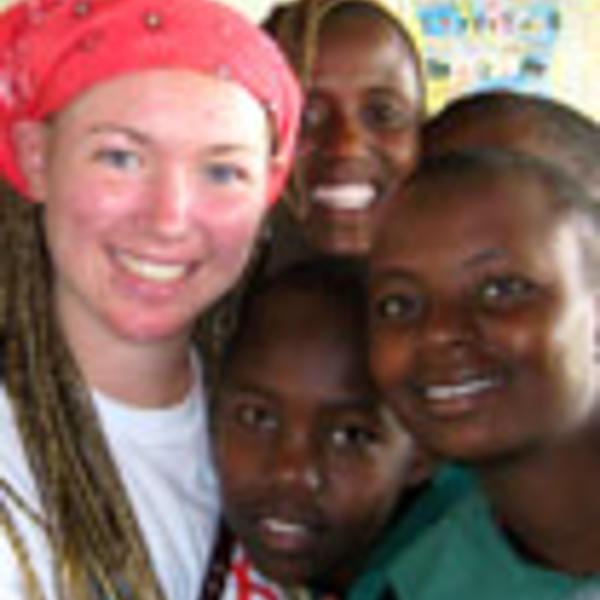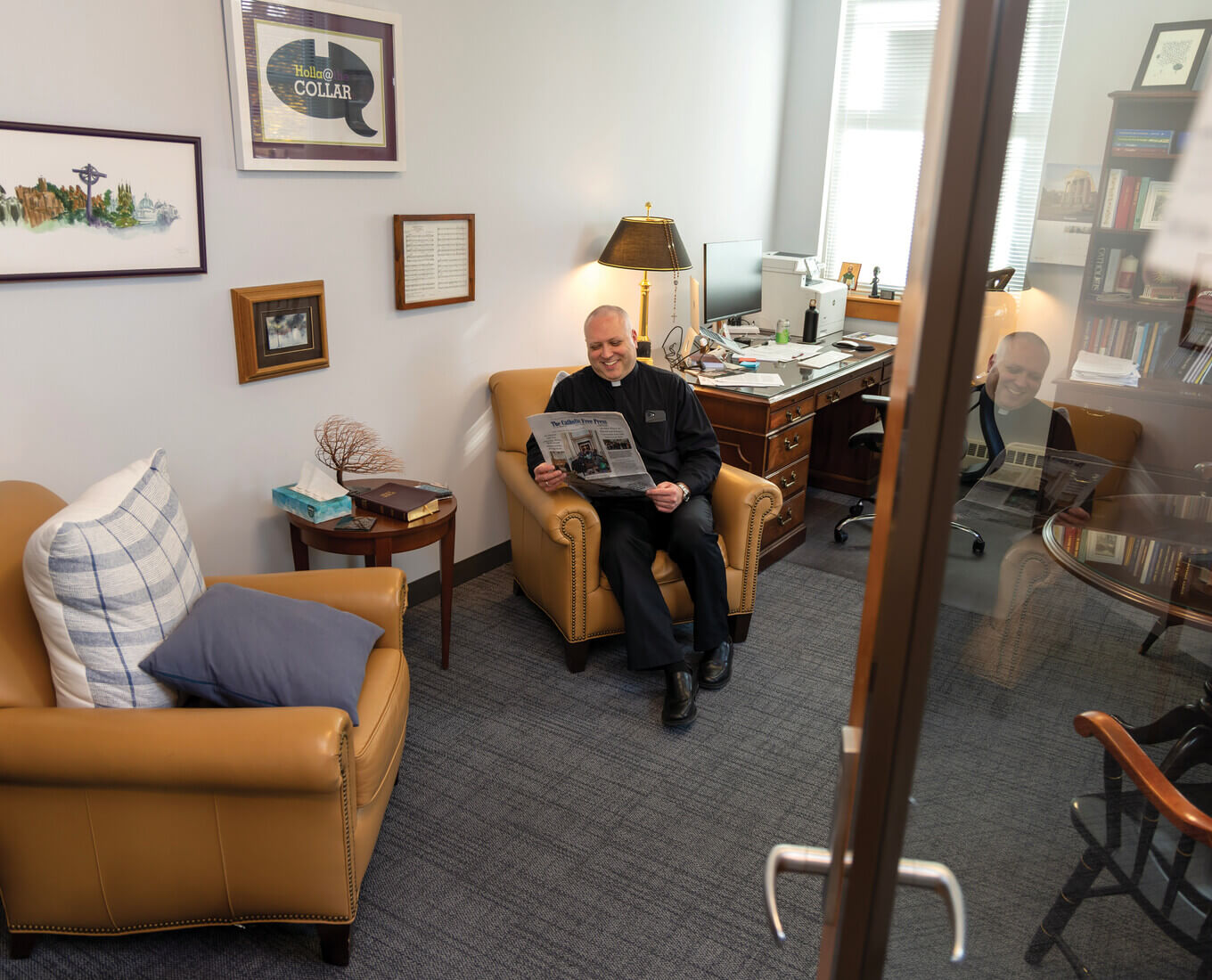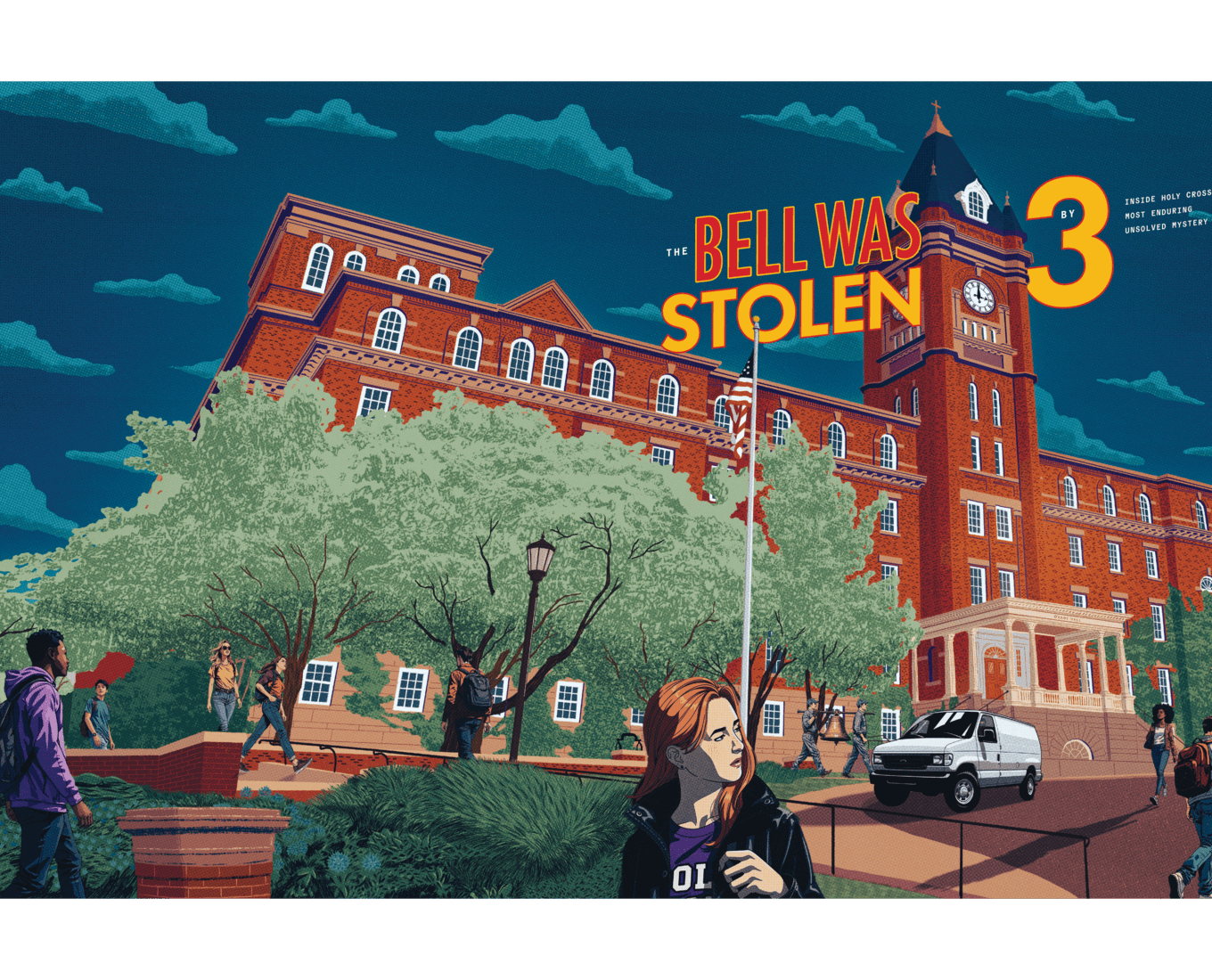“The people in Kibera are aware of their problems. Do not make the mistake of entering the slum and perceive that you are more intelligent than your co-workers,” said Judith Chubb, professor of political science at Holy Cross. She advised us not to go in thinking we had the solutions for Kibera and its inhabitants.
It was our first day in Nairobi and our group of 10 students was about to tour Kibera, the largest slum in sub-Saharan Africa with a population eclipsing almost 1 million in one square mile. It was the first day of Holy Cross’ “Kenya: Development, Peace and Social Justice” Summer Study Abroad program, and for the next month we would use our experiences within and outside the classroom to learn the meaning of that title.
For four weeks we were Kenyan: we learned Swahili, stammering through basic greetings and conversations with our co-workers; we tried ugali, grudgingly laughing as we mixed the flour over a hot pan; and we vowed to never take electricity or indoor plumbing for granted. Every morning we served at internships in Kibera and every afternoon we attended classes in Swahili and Kenyan history. Our internships ranged from schools with classes of more than 50 students, to general health clinics and HIV/AIDS clinics, to micro-financing organizations.
As our four weeks progressed, we began to understand that, as Western students, we would make more of an impact by means of learning and respect than by arriving with preconceived stereotypes. The Kenya program’s combination of service and academics allowed us to place the poverty that we witnessed into various frameworks pertaining to how international and political developments contribute to Kibera’s destitution. Our daily lessons in Swahili and Kenyan history helped us to understand the unemployed men, the orphaned children, and the visible waste upon Kibera’s dirt roads. But more than just witnessing the poverty in Kibera, we had the unique experience of developing friends and family in the slum. At the end of the month Kibera was not merely an example of Third World poverty. It was the home of our co-workers and their families; it was a city struggling to transcend the cycle of poverty.
In Kibera, I worked with a micro-finance business, Power Women, and learned about the organization’s contributions to the economic stability of the women, their families, and their community. The 14 ladies of Power Women were all HIV positive; they used micro-financing to supplement their day labor funds in order to pay school fees for their children. I entered Kibera looking for an unforgettable experience and a new perspective for senior year; I left with 14 Kenyan mothers, a treasury of stories, and a weave in my hair. But my experiences with the women did not end in Kibera; their experiences and stories brought meaning to the daily afternoon lessons. When I learned about the political violence in 2008, I connected the lesson of Power Women’s stories about being trapped in their homes, unable to safely leave the slum. The classroom material provided context to all my experiences in Kibera.
As Holy Cross students, we constantly hear and see the Jesuit motto, “men and women for and with others.” The Kenya Study Abroad program combines the College’s mission with its academic standards; the experience epitomizes the College’s goal to forge global citizens. At the end of the month, our group did not solve any of Kibera’s problems, yet we left with the challenging awareness of the world’s economic disparities. “Kenya: Development, Peace and Social Justice” gives Holy Cross students the ability to witness and experience the true meaning of social justice in academia.
By Claire Moynahan ’11
Claire, from Sandwich, Mass., is an English major and co-editor-in-chief of the Crusader, Holy Cross’ student newspaper.
Kenya Summer Study Abroad Program Embodies College’s Mission for Social Justice

Moynahan ’11 reflects on monthlong stay in Kibera, largest slum in sub-Saharan Africa
Read Time
3 Minutes

